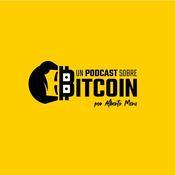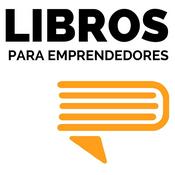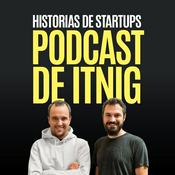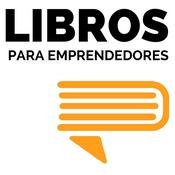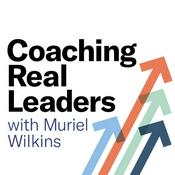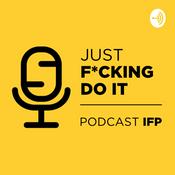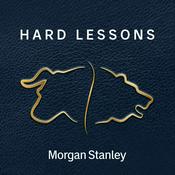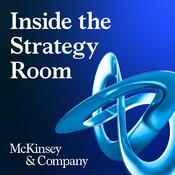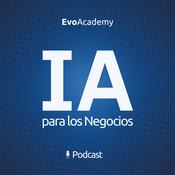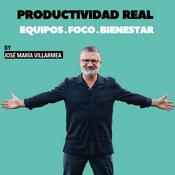80 episodios
- Jamie Cuffe is solving one of AI's hardest problems: getting conservative, regulated industries to trust autonomous agents with mission-critical work. At Pace, he's building AI that replaces traditional BPOs in insurance, handling everything from email triage to claims processing with 50-75% cost savings. Drawing on his experience at Retool, Jamie emphasizes the importance of "closing the distance" with customers through forward-deployed engineering and being "the rock" that clients can rely on. He shares how focusing on top-tier insurance carriers and maintaining exceptionally high standards is enabling Pace to capture a meaningful share of the $400 billion BPO market while building a durable business model - at AI-native velocity.
Hosted by Lauren Reeder and Pat Grady, Sequoia Capital - Zach Lloyd built Warp to modernize the terminal for professional developers, but the rise of coding agents transformed his company's trajectory. He discusses the convergence of IDEs and terminals into new workbenches built for prompting and agent orchestration, and why he thinks "coding will be solved" within a few years, making human expression of intent the ultimate bottleneck. Zach explains how Warp competes against subsidized tools from Anthropic and OpenAI, and why the terminal's time-based, text-oriented format makes it perfect for managing swarms of cloud agents.
Hosted by Sonya Huang, Sequoia Capital - Harrison Chase, cofounder of LangChain and pioneer of AI agent frameworks, discusses the emergence of long-horizon agents that can work autonomously for extended periods.
Harrison breaks down the evolution from early scaffolding approaches to today's harness-based architectures, explaining why context engineering - not just better models - has become fundamental to agent development.
He shares insights on why coding agents are leading the way, the role of file systems in agent workflows, and how building agents differs from traditional software development - from the importance of traces as the new source of truth to memory systems that enable agents to improve themselves over time.
Hosted by Sonya Huang and Pat Grady How Ricursive Intelligence’s Founders are Using AI to Shape The Future of Chip Design
14/1/2026 | 36 minAnna Goldie and Azalia Mirhoseini created AlphaChip at Google, using AI to design four generations of TPUs and reducing chip floor planning from months to hours. They explain how chip design has become the critical bottleneck for AI progress -- a process that typically takes years and costs hundreds of millions of dollars. Now at Ricursive Intelligence, they're enabling an evolution of the industry from “fabless” to "designless," where any company can create custom silicon with Ricursive Intelligence. Their vision: recursive self-improvement where AI designs more powerful chips, and faster, accelerating AI itself.
Hosted by Stephanie Zhan and Sonya HuangTraining General Robots for Any Task: Physical Intelligence’s Karol Hausman and Tobi Springenberg
06/1/2026 | 1 h 1 minPhysical Intelligence’s Karol Hausman and Tobi Springenberg believe that robotics has been held back not by hardware limitations, but by an intelligence bottleneck that foundation models can solve. Their end-to-end learning approach combines vision, language, and action into models like π0 and π*0.6, enabling robots to learn generalizable behaviors rather than task-specific programs. The team prioritizes real-world deployment and uses RL from experience to push beyond what imitation learning alone can achieve. Their philosophy—that a single general-purpose model can handle diverse physical tasks across different robot embodiments—represents a fundamental shift in how we think about building intelligent machines for the physical world.
Hosted by Alfred Lin and Sonya Huang, Sequoia Capital
Más podcasts de Economía y empresa
Podcasts a la moda de Economía y empresa
Acerca de Training Data
Join us as we train our neural nets on the theme of the century: AI. Sonya Huang, Pat Grady and more Sequoia Capital partners host conversations with leading AI builders and researchers to ask critical questions and develop a deeper understanding of the evolving technologies—and their implications for technology, business and society.
The content of this podcast does not constitute investment advice, an offer to provide investment advisory services, or an offer to sell or solicitation of an offer to buy an interest in any investment fund.
Sitio web del podcastEscucha Training Data, Spicy4tuna y muchos más podcasts de todo el mundo con la aplicación de radio.es
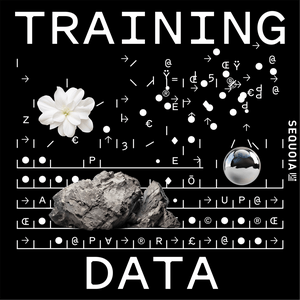
Descarga la app gratuita: radio.es
- Añadir radios y podcasts a favoritos
- Transmisión por Wi-Fi y Bluetooth
- Carplay & Android Auto compatible
- Muchas otras funciones de la app
Descarga la app gratuita: radio.es
- Añadir radios y podcasts a favoritos
- Transmisión por Wi-Fi y Bluetooth
- Carplay & Android Auto compatible
- Muchas otras funciones de la app


Training Data
Escanea el código,
Descarga la app,
Escucha.
Descarga la app,
Escucha.




